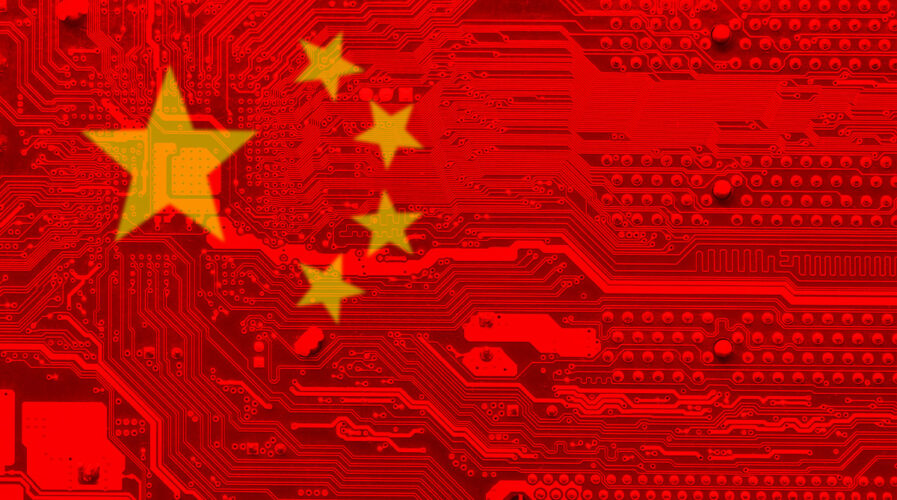
China denies local tech giants the right to offer ChatGPT-like servicesSource: Getty Images
China is way ahead in the AI game, leaving the US behind
- US cyber defense capabilities are at “kindergarten level” in some government departments, according to the Pentagon’s former chief software officer.
- Nicolas Chaillan reckon US has no “competing fighting chance against China in 15 to 20 years” when it comes to AI.
Back in January this year, the Center for Data Innovation, a US-based think tank, published a report on the progress made by leading artificial intelligence or AI superpowers namely China, the US and the EU. The report concluded that the US still holds a substantial lead globally, with China rapidly closing the gap, while the EU, for its part, “continues to fall behind.”
That was then — until a Pentagon’s former software chief told the Financial Times recently that the United States “have no competing fighting chance against China in 15 to 20 years.” To put it simply, the US has already lost the AI fight to China. Former CSO, Nicolas Chaillan, was interviewed a week following his resignation from the Department of Defense.
Chaillan also told FT his resignation is a form of protest due to the slow pace of technological transformation in the US military. He claims he could not stand to watch China overtake America. “He said that the failure of the US to respond to Chinese cyber and other threats was putting his children’s future at risk,” the report stated.
Claiming it is a “good reason to be angry”, Chaillan told FT: “Right now, it’s already a done deal; it is already over in my opinion.” To Chaillan, China is heading for global dominance because of its advancements in the fields of artificial intelligence, machine learning and cyber capabilities.
He even slammed US cyber defense capabilities for being at “kindergarten level” in some government departments. China was set to dominate the future of the world, controlling everything from media narratives to geopolitics, he said.
Adding to that, Chaillan blamed sluggish innovation, including the reluctance of US companies such as Google to work with the state on AI and extensive ethical debates over the technology. In contrast, Chinese companies, Chaillan said, were obliged to work with their government and were making “massive investment” in AI without regard to ethics.
The US and China race for AI
Interestingly, a separate report in March this year by the National Security Commission on AI (NSCAI) concluded that the US government is a “long way from being ‘AI-ready’”, emphasizing that, “for the first time since World War II, America’s technological predominance is under threat.”
Frankly, experts are not wrong when they claim China is leading in AI supremacy as the country, which has made it clear that its goal is to dominate the global market for AI by 2030, is steadily gaining ground by doubling down on its investment in AI research.
Historically speaking, the US has been at the frontier of AI research, with the leading institutions and the top talent, while China has led on commercial deployment and data. However, experts reckon that the measure of an overall AI success is interdependent with the success of other technologies – IoT, 5G, quantum computing.
And when it comes to other technologies that come hand in hand with AI, China is undoubtedly leading the game. Especially in supercomputing, China has been making strides, where the country has nearly twice as many devices ranked in the Top500 for performance as the US does. As of 2021, there are a total of 186 Chinese supercomputers showcased on the list.
However, when it comes to hardware, the US has been showing an indisputable lead, according to the Center for Data Innovation. Out of the top 15 semiconductor firms around the world, eight are US-based, against a single EU company. China on the other hand, boasts none.
While China has the advantage of its population being four times the size of the US, it is inevitable that China will have the largest domestic market for AI applications. Perhaps, with the current trajectory, China will maintain a narrow lead over the near future, and the US will try to catch up.
READ MORE
- Ethical AI: The renewed importance of safeguarding data and customer privacy in Generative AI applications
- How Japan balances AI-driven opportunities with cybersecurity needs
- Deploying SASE: Benchmarking your approach
- Insurance everywhere all at once: the digital transformation of the APAC insurance industry
- Google parent Alphabet eyes HubSpot: A potential acquisition shaping the future of CRM


